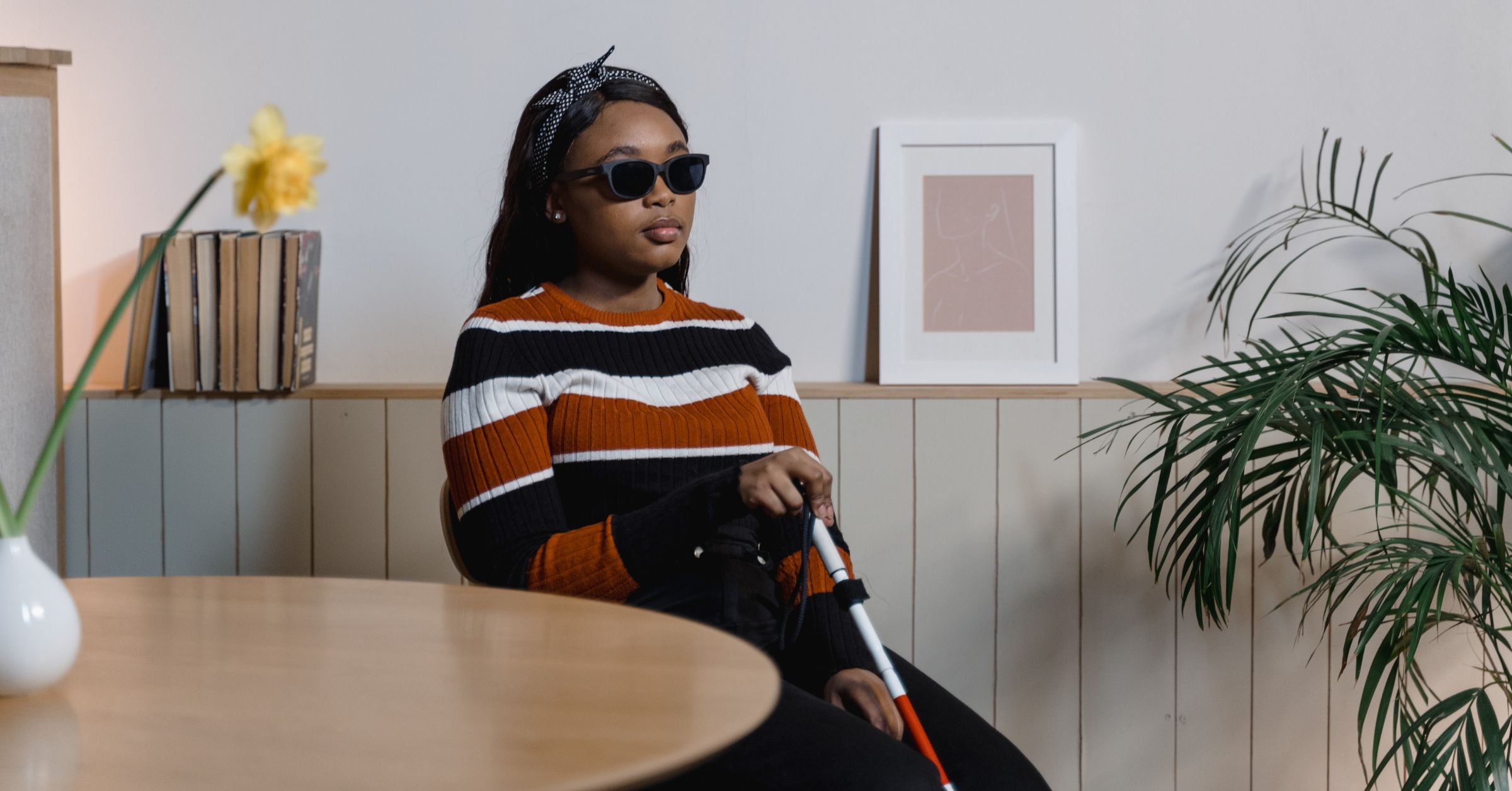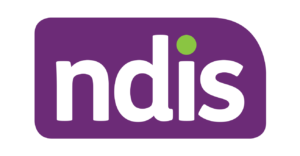Thanh Autran writes about the difficulty of not knowing if discrimination has occurred after your job interview.
“We are sorry to inform you that your application was not successful.”
I read over the email one more time, just to make sure. The words don’t change. I don’t know why I thought they would.
It’s fine, I reassure myself. I don’t have a lot of experience. Everyone is looking for a job, and they probably got inundated with applications. Chill out, Thanh. It’s not that deep.
My mind keeps racing, barrelling forward as I try to wrestle it into submission. Was it the lack of experience that screwed me over? Maybe my cover letter wasn’t up to scratch. No, I had it checked over by multiple people. It was good. Resume? Also checked. For the little work experience I have, it looks solid – especially for a “no experience required” position.
Then I remember the phone interview. Everything went well. I was professional, well-spoken, and the interviewer was enthusiastic … but, was it my imagination, or did things go downhill after I told them I was fully blind? It was like a switch had been flipped; easy conversation to awkward pauses; relaxed prompts about my past work to pointed questions about the extent of my abilities.
“You’re absolutely sure you’re able to work efficiently using a … screen reader?”
“Definitely. As I mentioned, I use screen readers in my personal and professional life every day, so I’m confident that my work will be completed in a timely manner.”
I’m overthinking this, I decide. It wasn’t weird for them to ask that, and I’m just making this whole thing bigger than it is … right?
This is the reality of being a young jobseeker with a disability. Like everyone else, you apply over and over and over again for a job, hoping the next email that lands in your inbox will be the one to tell you that you’ve been hired. Like everyone else, the rejection emails come flying in, and even that can feel like a reprieve when you’re dealing with a multitude of applications that haven’t received a response at all.
Unlike everyone else, though, we’re often left wondering if the reason we weren’t hired was because of our disability. Not our experience, or our skill sets, or our qualifications. No, we’re talking about the part of our identity that, legally, cannot be the basis of refusing us an employment opportunity, unless there is no way we can carry out the essential requirements of the job, or, in exceptional circumstances, where the employer can demonstrate that accommodations in the workplace would cause them “unjustifiable hardship.”
It shouldn’t be the reason for the tenth rejection email, but how do we know that it wasn’t? If we meet all the qualifications, we have the relevant experience, and we turn up to an interview and put our best foot forward, how can we know that discrimination against our disability isn’t the one thing holding us back?
We can’t. I can’t. Not when I made the choice to not disclose my disability in my cover letter just to see what would happen, and then everything seemed to be flowing smoothly in my interview until I dropped the bombshell. Until I heard the ringing silence as they processed what I said and the mood did a one-eighty. Not when I received a rejection email with no feedback on my application. Not when 53 per cent of the National disabled community between 15-64 years old are in the workforce, compared to 84 per cent of people without a disability.
We need a mindset that does not dismiss qualifications, experience, knowledge, personality, and skill when disability is introduced into the picture.
Don’t get me wrong, I’ve had some amazing interviews with employers who were open and willing to understand how my disability affects my work, and weren’t immediately concerned or hesitant over my (often assumed) limitations. Unfortunately, I can count the number of those interviews on one hand and I’ve heard many similar stories from disabled friends and colleagues. It’s an overlooked stressor that leads to discouragement, anxiety, and frustration, particularly when you’re a young person with disability attempting to secure employment with minimal experience under your belt.
For this to change, there needs to be a systemic shift in the perception of people with disability by the wider community, and more specifically by employers.
I regularly notice that people with disability are greeted by a deficit-based approach in the workforce, instead of considering what the candidate can contribute (the typical approach). The moment that disability is mentioned, the focus snaps to every perceived limitation and pitfall that could arise from it. These are almost never issues raised by people with disability, but, rather, are assumptions made by the employer based on unconscious bias and societal stigma.
We desperately need to move away from this mindset, and embrace a holistic, strength-based approach, one that acknowledges people with disability as capable, skilled workers; an approach that does not immediately impose assumed limits upon what a person with a disability can achieve.
We need a mindset where employers understand that a disability is a part of who we are, but it is not the singular defining factor of our identities. We need a mindset that does not dismiss qualifications, experience, knowledge, personality, and skill when disability is introduced into the picture.
This blog was written as part of CYDA’s DREAM Employment Network. You can find out more about the Network here.

About the author:
Thanh is a law student at Monash University, who advocates for inclusion and greater education around disability, particularly in regards to intersectionality. They aim to bring their experience in disability, LGBTQIA+, and linguistically diverse backgrounds into their work.







